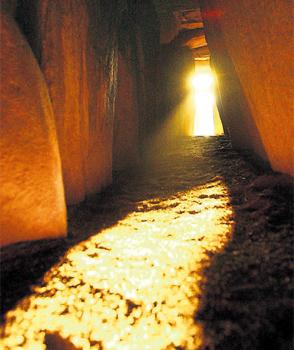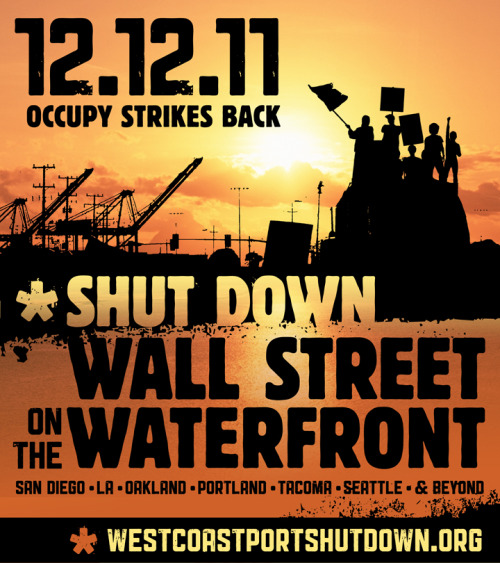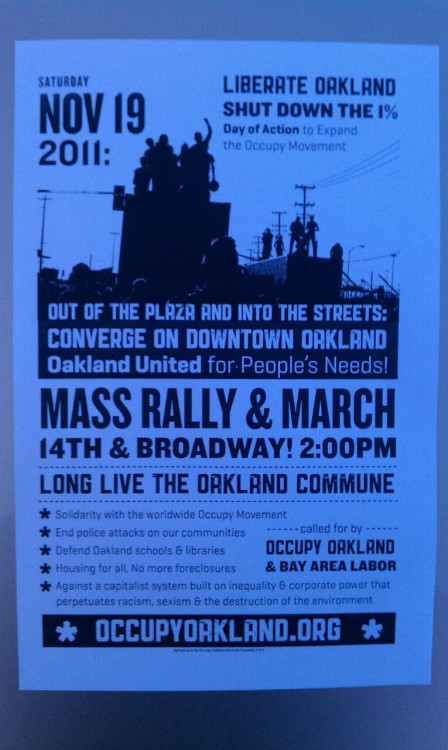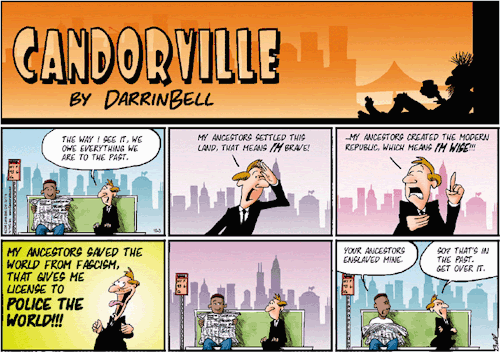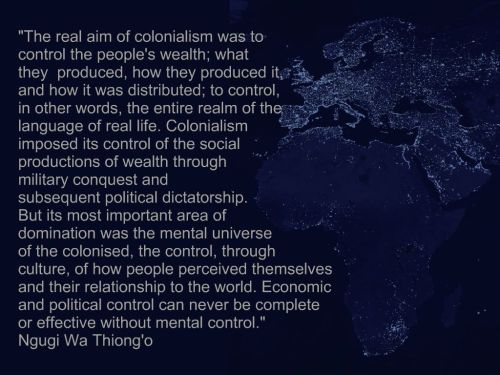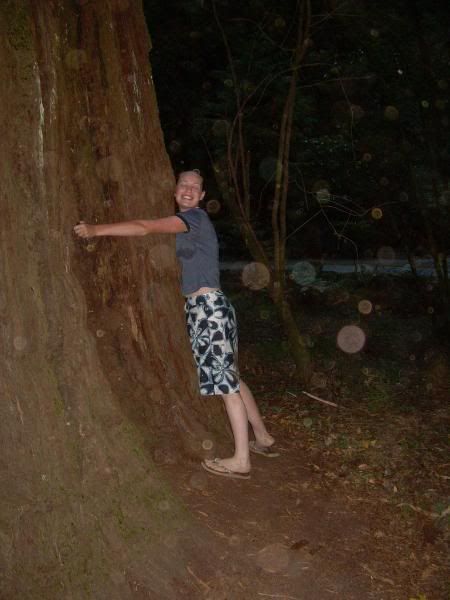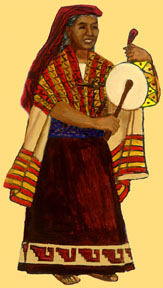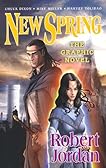Over the last week I read the graphic novel V For Vendetta. And as I finished it today I could not help thinking that it was not what I expected. In fact, although I know this to be highly blasphemous, on first read: I liked the movie better. I don't know that I have ever liked a movie version better than the book, so I found this revelation rather disturbing. It probably didn't help that I have seen so many fans of the book trash the movie adaptation either.
But, as I did what I usually do when something particularly troubling is bothering me (take a shower and think about it) I realized what bothered me about the book. It wasn't the violence or the more morally convoluted energy of the story or even the blunt anarchist propaganda of some passages (nothing wrong with propaganda in theory, but there was something jarring to me about it's application here), it was the individualism.
What the movie did really well was to express how V served as a catalyst, but for the overall vision to succeed it took the mobilization of people. A large mass of people. It took the community working together. It took an uprising. Surely that vision should look familiar these days, right? From Egypt to Oakland large amounts of people streaming out into the streets to oppose the powerful?
Anyway. In contrast, the book really relied on V as a spokesperson, as a LEADER, to mobilize the people. And so for all of his preaching of anarchism, V looked much more conventional to my First World eyes: the charismatic leader rallying his troops to revolution rooted in chaos and violence. I don't want to downplay the fact that he certainly was individually heroic in the movie too (maybe even "super-heroic," managing to take all those bullets and remain standing...)....but in the end the "victory" didn't rely on that, whereas in the book, it did.
Fundamentally I just don't believe that is how anarchism can succeed. This is why I am a SOCIALIST libertarian/anarchist, because I believe it takes us working together to protect each other, because I believe it takes community accountability, because I believe it takes self-awareness and openness to the needs of other people that are different from our own, to make a vision like anarchism realistic, because I believe it takes solidarity, real solidarity. (Look to the EZLN for a model that seems to be working as far as I can tell.)
In addition, the book's V required a replacement. Evey had to take up the costume to continue the work. While I get there is a sort of poetry to that (we can be/are all V!) I think it is less effective than the movie's version of this, wherein everyone in the crowd took up the mask TOGETHER, and less effective than the movie's version of Evey: who rejects V even as she loves him. She does not take up the mask, she fulfills V's last wish and then goes to build the better world. Book-Evey's taking up of the mask means she steps into his legacy and is symbolically walking in his footsteps. The people on the ground don't know this person is different from the one who started it all, and, again, maybe there is a kind of poetry in that, the duality of humanity encapsulated in one person...but it didn't work as effectively for me, that's all I know.
Because as V says in both versions: this new world has no place for him, the Destroyer. Movie-Evey's turning away from him (and what he did to her, even as she moved forward changed because of that experience and seems comfortable in her new skin) is precisely what is necessary for the new world he envisions, because there is no place for that kind of destruction in the building of a new world from the ashes of the old. In fact I found book-Evey's willingness to continue to live with and trust V after he tortured her to border on misogynistic writing.
I will say this though, I did like the book's villains better than the movie's. In the book the villains seem so average and regular, as leaders are at the end of the day: they are just people. In the movie the villains are larger than life and VERY evil. In the case of the Leader, "larger than life" is meant quite literally. Of course this is compromised by the end when he is killed, and we see that he is just human after all - so I get what the Wachowskis were doing here - but this humanity is clear all the time in the book, and that was more effective for me in showing how those in power can be worked against and overthrown. In the end, even evil people are just people, we have to come to terms with that both in the sense of realizing they are mortal, and in the fact that we are both human and that their evil might reside within us as well.
So yeah. I do know that it usually takes more than one read to absorb everything a book is doing, but this was my discomfort as I read through this first time, and I don't know that I will read it again anytime soon, but I think this was worth writing out.
